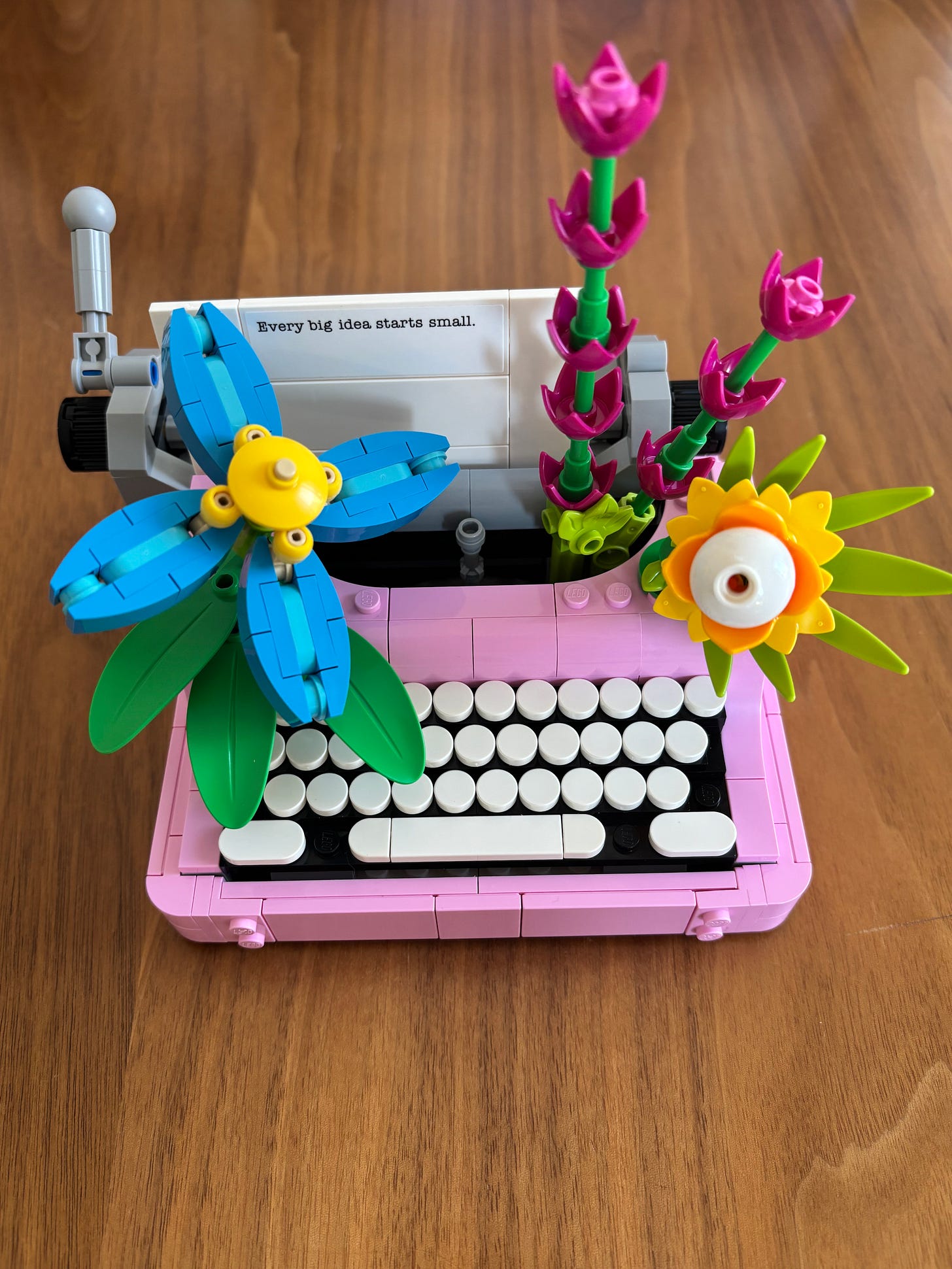I started writing Finding Simcha to deal with the trauma isolation of choosing to move to Israel for a thing most Americans take for granted—healthcare. More specifically, for fertility treatment that was decidedly out of financial reach in our home state. Almost as soon as we shared our plans to move to Israel, the reactions rolled in. Silence from some, distance from others, and from a few, open hostility. Even the well-meaning ones couldn’t resist asking: “Why would you move during a war? That’s insane.”
Well, to quote my doctor in the USA, “Unfortunately, time isn’t on your side.” I’m in my late 30s. I want a family. And for me, that requires heavy medical intervention we couldn’t afford in America.
My body, my choice. Right?
Except as Israel’s war with Hamas continued, my friends and former colleagues (good liberals, of course) decided that I was no longer “on the right side of history.” My supposed crime? Legally immigrating to a country where I was afforded that right. In addition to my right to immigrate as a Jew, my husband is American-Israeli and has held an Israeli passport for over 15 years.
No human is illegal except for those pesky “settler-colonialist” Jews, right?
Suddenly, I became an avatar for their rage about the war. People who’d known me for decades started cutting ties as I tried to tell my story. A story that included daily trips to bomb shelters, planning life around terror alerts, and wading through a rising tide of antisemitism both online and off.
So I wrote. Sometimes silly stories about being an American immigrant in Israel and sometimes more personal, raw reflections on infertility and IVF treatment. Each story was an attempt at “processing” the traumamadness that was happening around me. But then came the missile strike just 142 feet from my home while my husband and our dogs sheltered in place. The sirens didn’t sound, and that was the actual trauma.
Still, there have also been threads of dark humor. Like the day a few months ago when my coworker warned me that we might expect missiles in a few minutes.
Me: “from where?”
Her: “The Houthim.”
Me: “Oh. Okay.”
We giggled a little and continued working because we knew that their sad little rockets probably wouldn’t reach Haifa. (Tfu, tfu, tfu) My first moment of Israeli-style chutzpah.
Then came our first round of IVF, which B’H actually worked. I’m growing a tiny human after three years of infertility and miscarriages! And since I found out about little Science Baby, I’ve struggled to write. Maybe it’s the exhaustion. Maybe it’s writer’s block. Maybe it’s because I need to find a pivot in my story.
Perhaps, this is my long-winded way of saying that I’m taking a break from publishing here on Finding Simcha for a minute.
I don’t quite know what’s next for this space, but what I do know that I will keep telling my story. Perhaps I’ll tell stories about pregnancy and prenatal care in Hebrew. Perhaps they’ll be stories about raising a child, a tiny Sabra born to American parents, in Israel. Either way, my little family and I are here, standing as proud Jews and willing, active participants in Israeli life despite all of its challenges and the open hostility toward our decision to live our truth. Never thought simcha would look like this.
Thanks for being here. Thanks for reading. See you on the flip side.
Want to follow along when I write the next chapter?





Mazel Tov! I have been following your journey, I love your writing, I feel I know you, I’m so happy for you! Yours is truly the Jewish story of choosing life!!!!!! Put before you was a blessing and a curse, you chose life and I am in awe!!! I hope you continue to write
All should go well for you 💓
I don't know what, if any, support you have for after birth. Feel free to reach out privately if I can help with anything (post partum meal train? Recommendations from young Moms in Haifa re doulas, pediatricians, tipat halav, whatever? Guidance from an older Mom?)